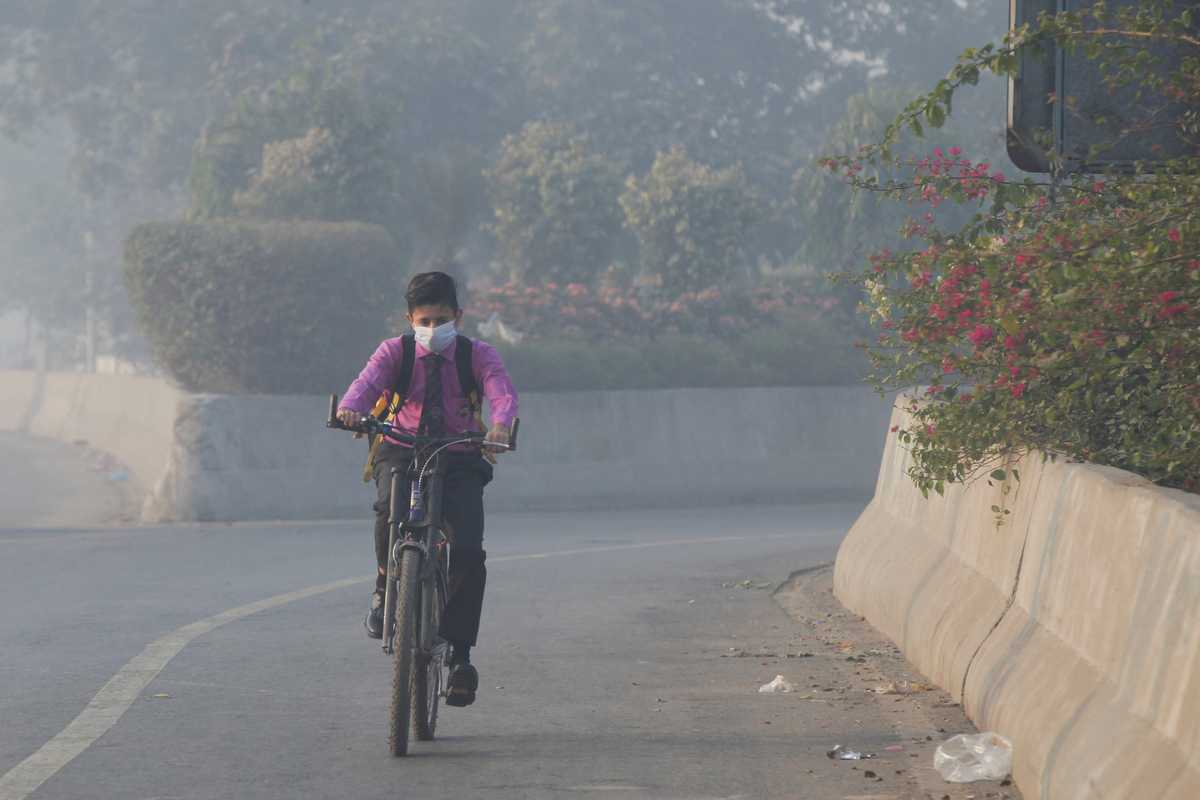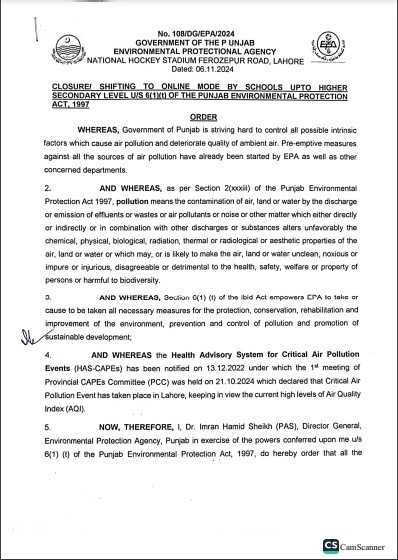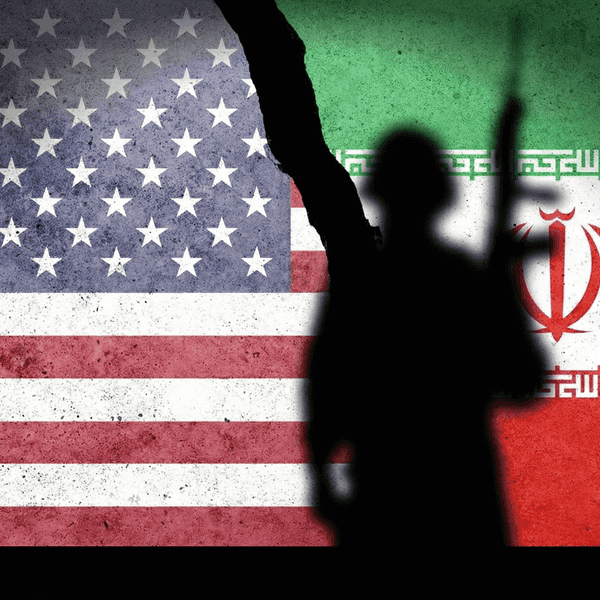AFP
News Agency Partner
AFP is a renowned international news agency, delivering comprehensive and reliable reporting on global events, trends, and issues.
News Desk
The News Desk provides timely and factual coverage of national and international events, with an emphasis on accuracy and clarity.

Student rides a bicycle to school amid dense smog in Lahore, Pakistan November 24, 2021.
Reuters
Pakistan's most populated province of Punjab on Wednesday ordered closure of schools in smog-hit main cities, shifting them to online learning until November 17, as the country battles record air pollution.
The province, home to more than half of Pakistan's 240 million people, had earlier closed primary schools, curbed tuk-tuks and shut down some barbeque restaurants in the megacity Lahore.
On Wednesday, it ordered all schools to be closed in several cities enveloped by smog - a mix of fog and pollutants caused by low-grade diesel fumes, smoke from seasonal agricultural burning and winter cooling.
The directive includes Lahore, Sheikhupura, Kasur, Nankana Sahib, Gujranwala, Gujarat, Hafizabad, Mandi Bahauddin, Sialkot, and Narowal.
As per the notification, the closure also extends to educational institutions in Faisalabad, Chiniot, Jhang, Toba Tek Singh, Multan, Lodhran, Vehari, and Khanewal.
"Looking at the predicted air wind and air quality index we are closing all higher secondary schools," said Marriyum Aurangzeb, a senior minister in Punjab during a press conference in Lahore.
The decision will affect millions of children in some of Pakistan's largest cities, including the provincial capital Lahore.
The minister said on Wednesday the air quality index (AQI), which measures a range of pollutants, spiked above 1,000 –- well above the level of 300 considered 'dangerous' – according to data from IQAir.
"This morning's AQI crossed 1,100," Aurangzeb said. "I appeal to the citizens, that for God's sake don't come out of your houses," she added, stating that wearing a face mask was made mandatory in affected cities.
The minister also announced that half of the staff in public and private offices will work remotely.
Seasonal crop burn-off by farmers on the outskirts of Lahore also contributes to toxic air, which according to the WHO can cause strokes, heart disease, lung cancer and respiratory diseases.
Aurangzeb said in Lahore alone, more than 900 patients including children and the elderly were admitted in hospitals on Tuesday. Other affected cities include Faisalabad, Pakistan's third-largest city, as well as Multan and Gujranwala.
The decision follows last month's announcement by the provincial environmental protection agency of new restrictions in four "hot spots" in Lahore. Tuk-tuks with polluting two-stroke engines were banned, along with restaurants that operate barbecues without filters.
Inhaling toxins: A silent killer that shortens lives
Pollution in excess of levels deemed safe by the WHO shortens the life expectancy of Lahore residents by an average of 7.5 years, according to the University of Chicago's Energy Policy Institute.
According to UNICEF, nearly 600 million children in South Asia are exposed to high levels of air pollution and half of childhood pneumonia deaths are associated with air pollution.
Aurangzeb urged parents to keep their children indoors, noting that, despite the closure of primary schools last week, children were still roaming in shopping malls.
"We have not declared holidays but asked for online classes. Schools should also ensure to teach children online like we did during Covid-19," Aurangzeb said.
"Enforcement can only go to a certain extent; you also need to have self-awareness," she added.








Comments
See what people are discussing